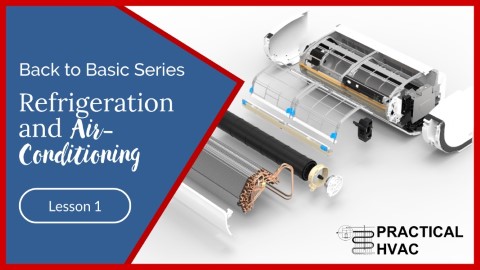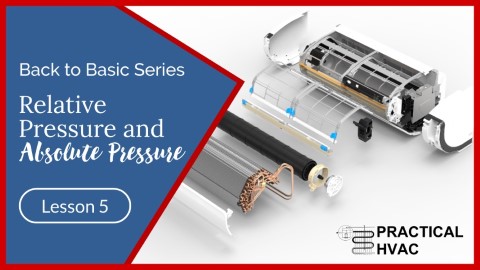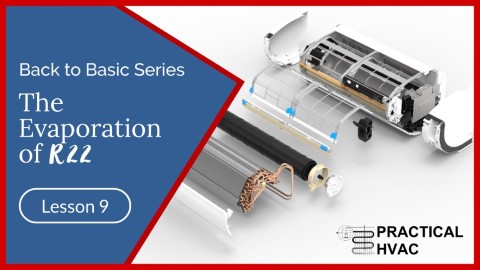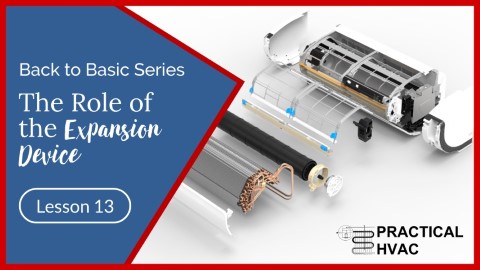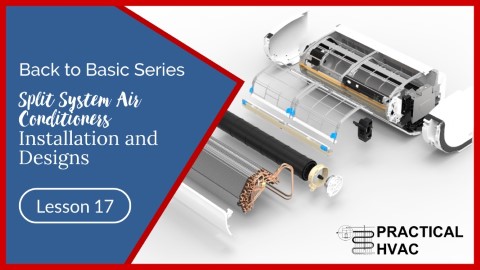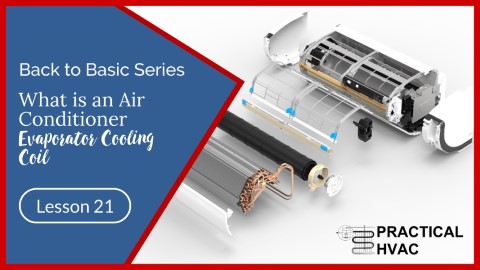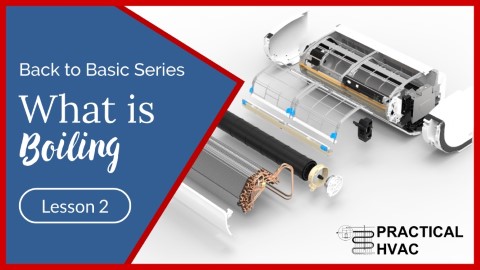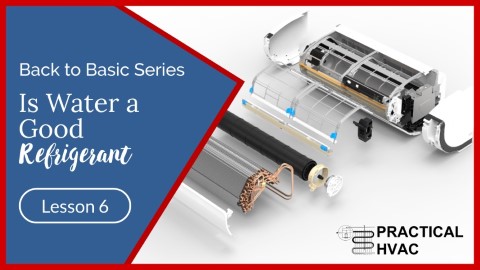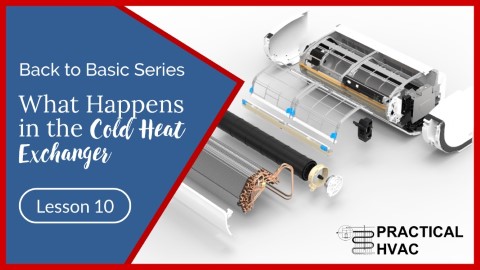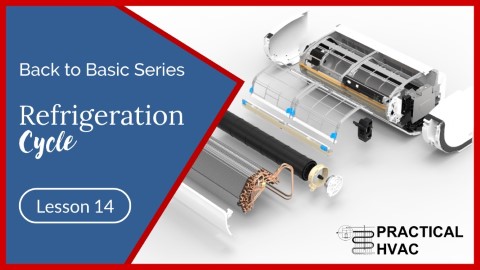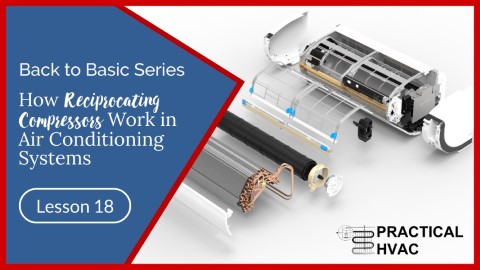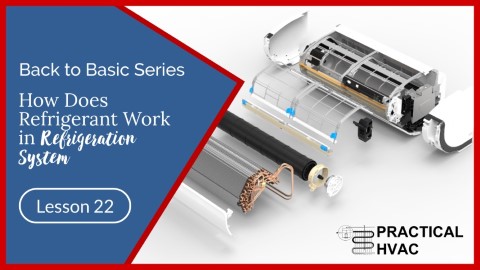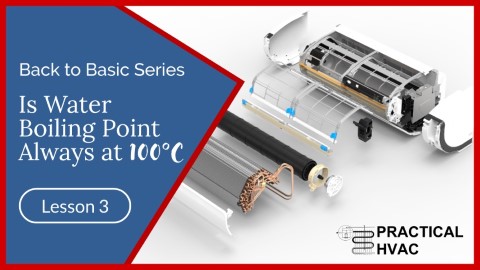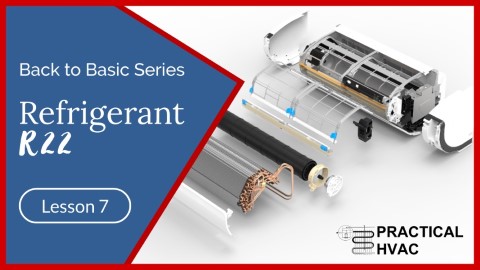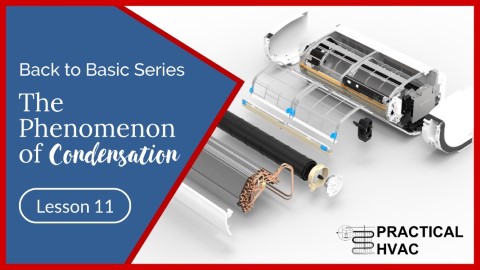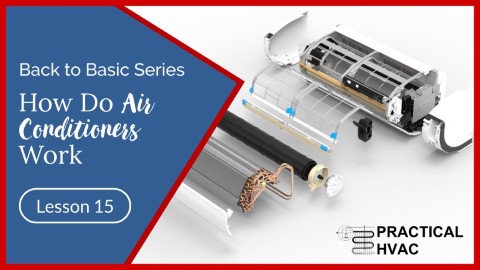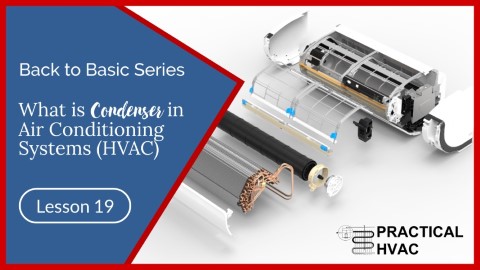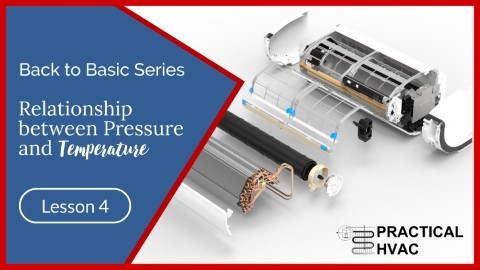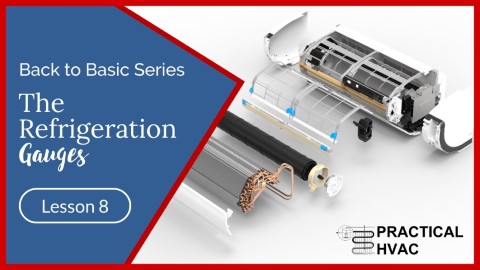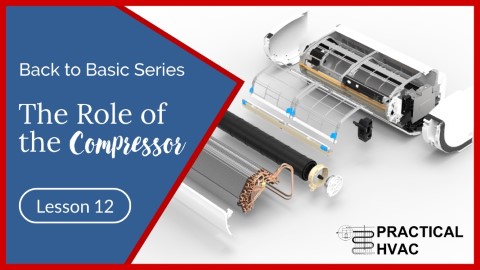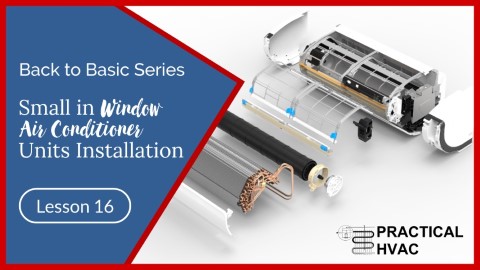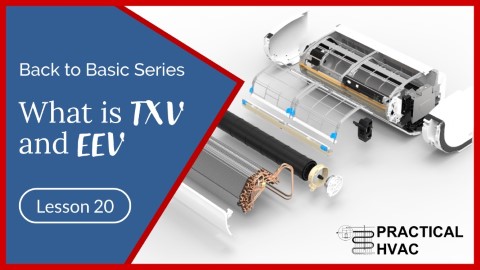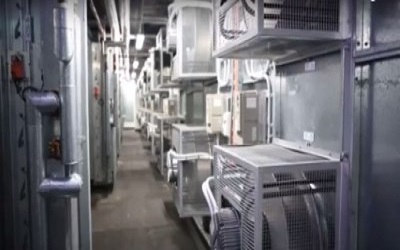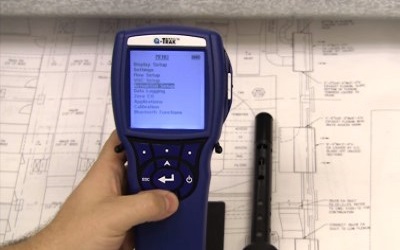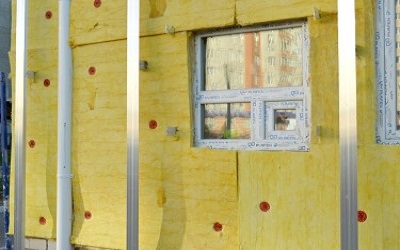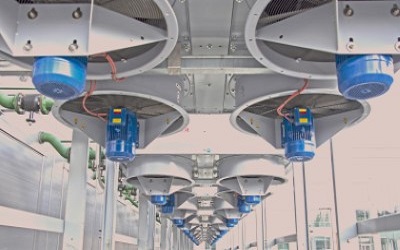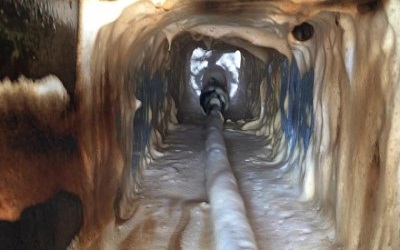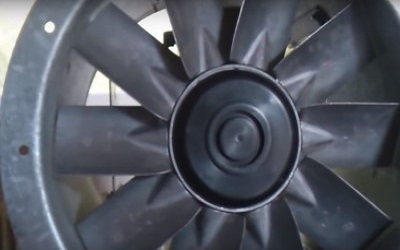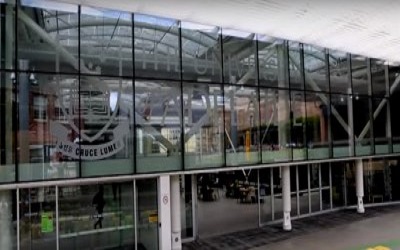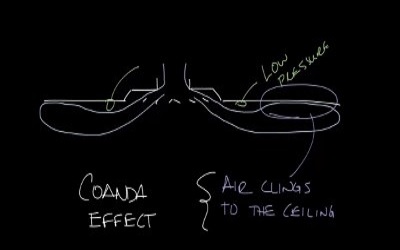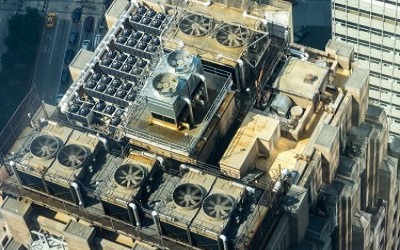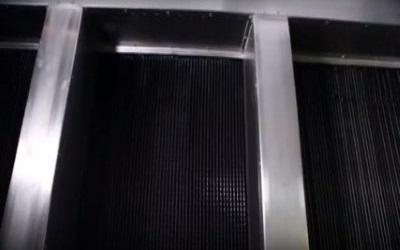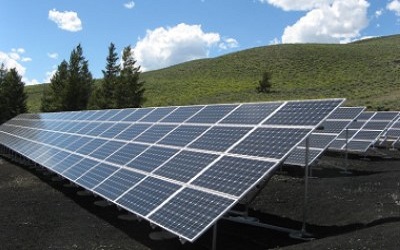How Do Air Conditioners Work
How Do Air Conditioners Work
The principal role of air conditioning is to maintain a comfortable temperature in a room by counteracting the heat produced by the sun, people, lighting, machines etc.
A pleasant temperature means increased customers in shops, improved productivity in offices etc.
But please note that if you think air conditioning in your bedroom is a good idea, then you should know that rabbit breeders use air conditioning to improve the reproduction of their stock!
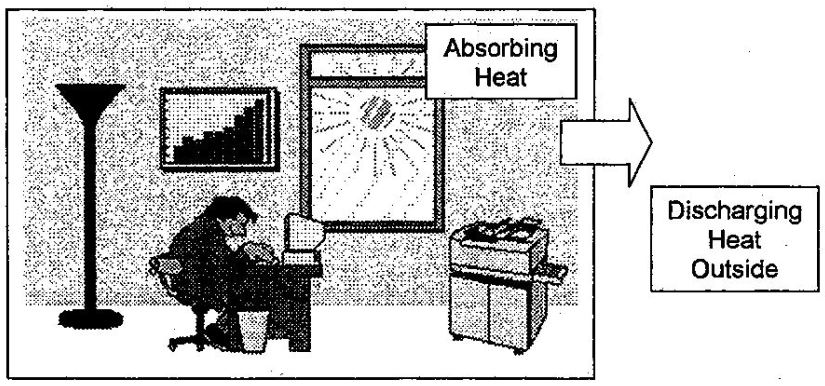
The role of air conditioning is really to provide comfortable conditions hence the name “comfort air conditioning”. So we should distinguish
between precision air conditioning and comfort air conditioning.
For precision air conditioning, as opposed to comfort air conditioning, we are interested in temperature and problems connected with humidity and air quality (dust, bacteria etc.)
We will leave these considerations of true air conditioning to one side so we can concentrate on the comfort air conditioning system.
Our aim is still to understand how an air conditioning system works, so we will know how to install it, commission it and ensure its proper maintenance in the best possible condition.
If we wish to air condition an office, couldn’t we use refrigerators and leave the door open? In principle, if the fridge can make ice cubes, why can’t we use it to maintain twenty degrees celsius in an office?
Let’s think about this for a moment. If the temperature in the office is 25°C at the moment we open the fridge door, what would this temperature be in about an hour?
When we open the fridge door, the evaporator will absorb some of the heat in the office. The air in front of the fridge, therefore, will be cooled.
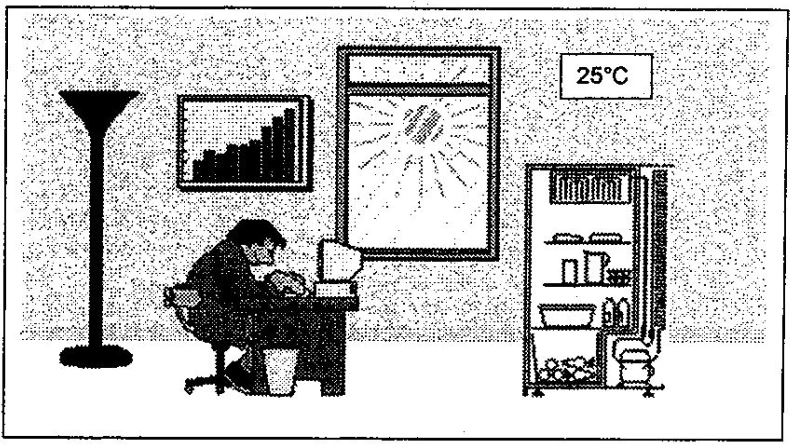
Then, the refrigerant will transport the heat absorbed by the evaporator via the compressor towards the condenser. As this device discharges heat, the air behind the fridge will get warmer.
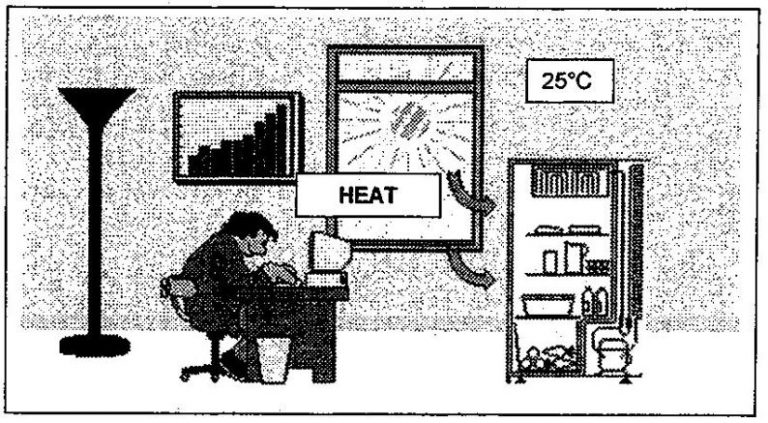
Therefore, the air is cooled in front of the fridge but heated behind the refrigerator. The condenser entirely discharges the heat absorbed by the evaporator. As these two devices are in the same area, their effects will balance, and the office temperature will stay the same.
Furthermore, if you place your hand on the compressor, you’ll observe that it’s very hot (especially the lower part) because all motors heat up in use.
So, as the compressor motor heats up and therefore emits heat, not only will the office not get any cooler but on the contrary, its temperature will
increase!
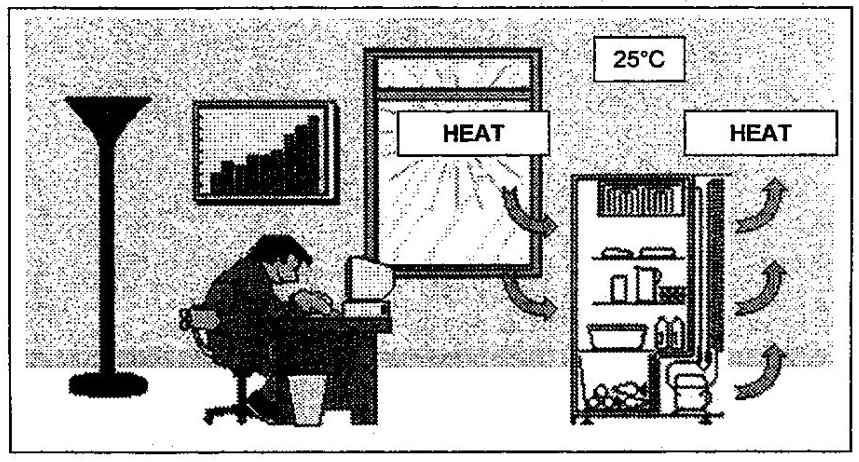
The heat discharged into the office equals the sum of heat absorbed at the evaporator and heat produced by the compressor. Therefore, a refrigeration circuit discharges more heat at the condenser than absorbed at the evaporator. So, If we open the door of a refrigerator to air condition an office, the temperature of the room will not decrease at all. On the contrary, the office temperature will increase.
How do we proceed from here? What if we place the compressor and condenser outside the room?
Now the heat absorbed by the evaporator will be discharged to the outside by the condenser. So it seems to work.
The office would be cooler, but unfortunately, the temperature will only fall slightly. The refrigerating capacity of a refrigerator is very small and would only air-condition a very small room indeed.
Also, we’d need to make an enormous hole in the wall for the fridge to fit. It would hardly be practical!
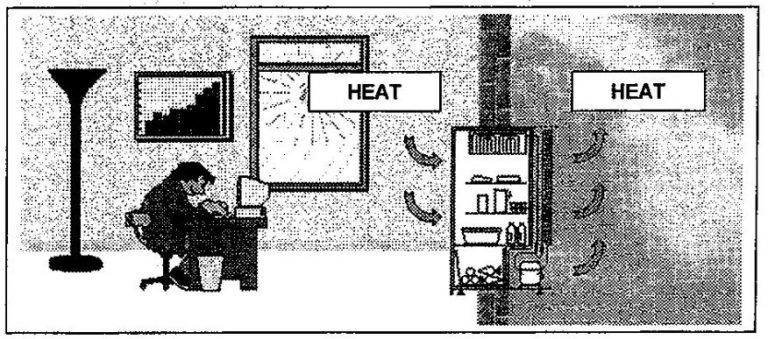
Finally, as the evaporator of a fridge is well below 0°C, the evaporator would permanently be iced up.
So we won’t use a refrigerator to air-condition our office, but rather, we’ll look for more powerful, less bulky equipment with an evaporation temperature greater than 0°C to avoid frosting. It is an exact description of an air conditioning unit.
Let’s replace our fridge with an air conditioning unit.
The refrigeration cycle still works the same, but the refrigerator’s technology improved and adapted for larger capacities.
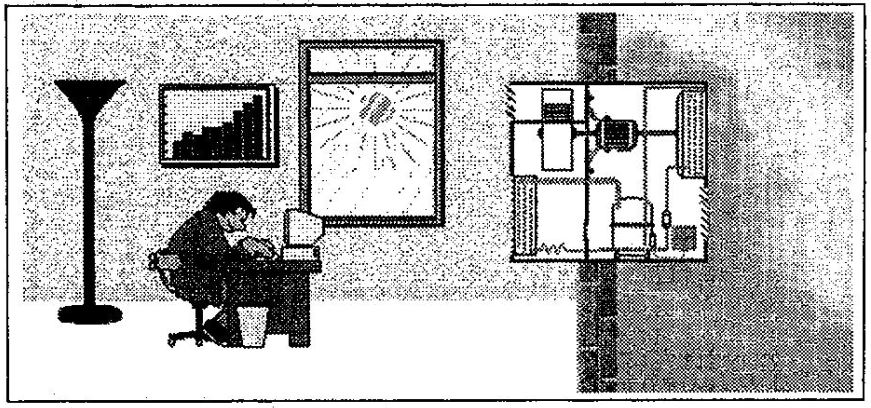
Back to Basic!
Related
Read more: Fan wall
Read more: How to verify the percentage of outside air in an enclosure
Read more: BCA Part J5 Air-conditioning system control
Read more: Microbial Induced Corrosion (MIC) in Pipes
Read more: Is your kitchen exhaust system a fire hazard
Read more: What is coanda effect
